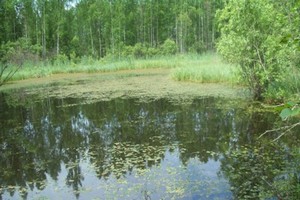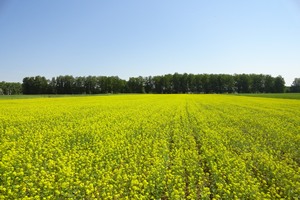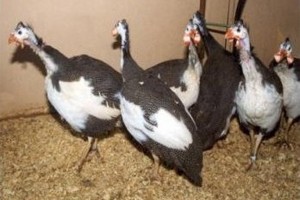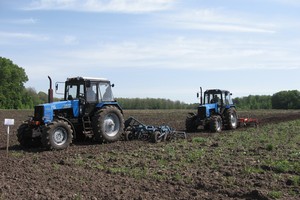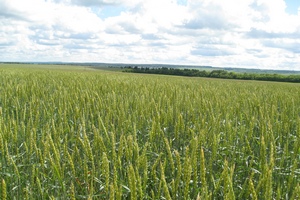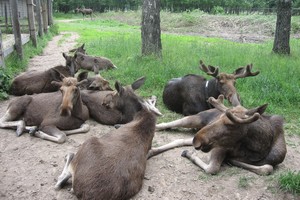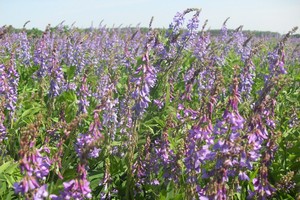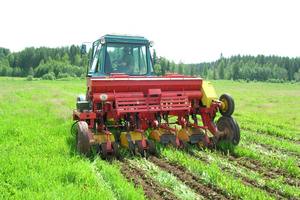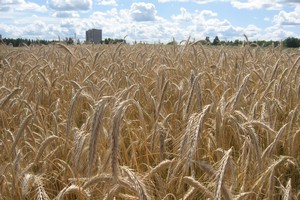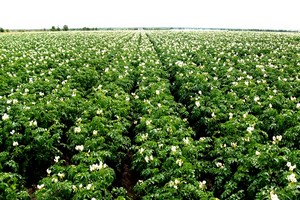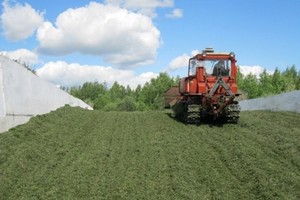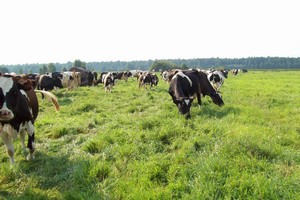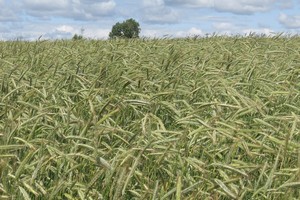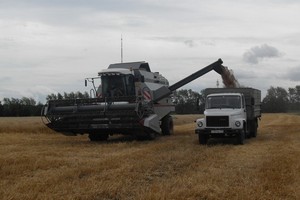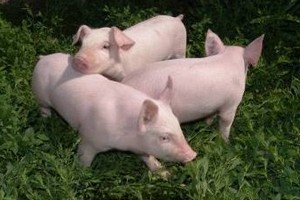The stages of the life cycle of economic clusters: state, driving forces and processes
doi: 10.30766/2072-9081.2016.51.2.74-79.
Pages: 74-79.
read allKostenko O.V., PhD in economics, Associate Professor1, scientific secretary2
1Vyatka State Agricultural Academy, Kirov, Russia, 2North-East Regional Agricultural Research Centre, Kirov, Russia
E-mail: kostenko_ov@vgsha.info
The modern economy is viewed as a set of clusters. Experience of cluster stimulation has shown that cluster policy should be based on a systemic presentation of the clusters as object of governing. Purpose of the article is to describe the life cycles of cluster. Cluster has the following developmental stages: agglomeration, emerging cluster, developing cluster, mature cluster and downturn. Each stage has its own features of reached state, driving force and direction of changes. Mature cluster provides bright cluster effects, high competitiveness and innovation; it provides developed markets of the final product and factors of production, effective information exchange mechanisms. Driving forces of cluster are the strong competition and developed cooperation, and effects of social capital; the cluster is capable of playing the role of "growth pole" of the territory. As a whole understanding of inner structure (composition and connections) and dynamics of development is highly important for design of a cluster policy. Determining the stage of the developed cluster state must be one of the first steps of the development of cluster policy. These factors must be in mind at selection of the tools of cluster policy and measures of cluster support.
Keywords: cluster, life cycle, development stages, driving forces, development processes
References
1. Kostenko O.V. Klaster kak ob"ekt upravleniya i social'noekonomicheskaya sistema. [Cluster as an object of management and socio-economic system]. Agrarnaya nauka Evro-Severo-Vostoka. 2015. no. 6. pp. 75-80.
2. Kleyner G.B., Kachalov R.M., Nagrudnaya N.B. Sintez strategii klastera na osnove sistemno-integratsionnoy teorii. [Synthesis of a cluster strategy based on system-integration theory]. Available at: http://www.riep.ru/upload/iblock/ 05a/ 05a8ef71e5e66ec13ab33bd3047ba608.pdf (accessed 04.08.2015).
3. Tarasenko V. Strategii razvitiya territorial'nykh klasterov. [Strategy of territorial clusters]. Ekonomicheskie strategii. 2011. no. 11. pp. 82-92.
4. Rekord S.I. Razvitie promyshlenno-innovatsionnykh klasterov v Evrope: evolyutsiya i sovremennaya diskussiya. [Development of indust-rial and innovation clusters in Europe: evolution and contemporary debates]. St. Petersburg: Izd-vo SPbGUEF, 2010. 109 p.
5. Frolov A.V. Formirovanie klasternoy strategii razvitiya ekonomiki regiona: Avtoref. dis. … kand. ekon. nauk. [Formation of the cluster strategy of economic development of the region: Author'a Abstract of PhD Thesis]. Orenburg, 2013. 28 p.
6. Markov L.S., Yagol'nitser M.A. Issledovanie naukoemkikh kompaniy Novosibirska. Klasternyy podkhod. Assotsiatsiya «SibAkadem-Innovatsiya». [Research of high-tech companies in Novosibirsk. The cluster approach]. Available at: http://www.sibai.ru/archive/index-1025.htm (accessed 29.06.2014).
7. Boush G.D. Formirovanie i razvitie promyshlennykh klasterov: teoriya i metodologiya: avtoref. dis. … dokt. ekon. nauk. [The formation and development of industrial clusters: theory and methodology: Author's Abstract of DSc Thesis]. St. Petersburg, 2012. 42 p.
